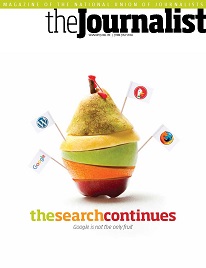The technology bosses I spoke to last week for The Register were largely dismayed by the Brexit vote. Some are personally affected, as non-British EU citizens waiting for confirmation that they can stay. Others are starting to deal with the issues; LMAX Exchange boss David Mercer emailed all his staff, including about 30 European IT employees, saying he would get them visas if necessary.
Many of the worries of technology firms, along with other high-skill sectors such as healthcare and academia, would be soothed if immigration for skilled Europeans was to remain relatively easy. Theresa May is making it clear that Britain is not keen on an EU deal that retains complete freedom of movement. But the government could achieve its goals of cutting mass immigration by allowing some industries plenty of latitude to hire across the EU – and perhaps from the likes of Australia, Canada and New Zealand – while tightening up on unskilled jobs. Continue reading “Brexit doesn’t have to mean Techxit”

